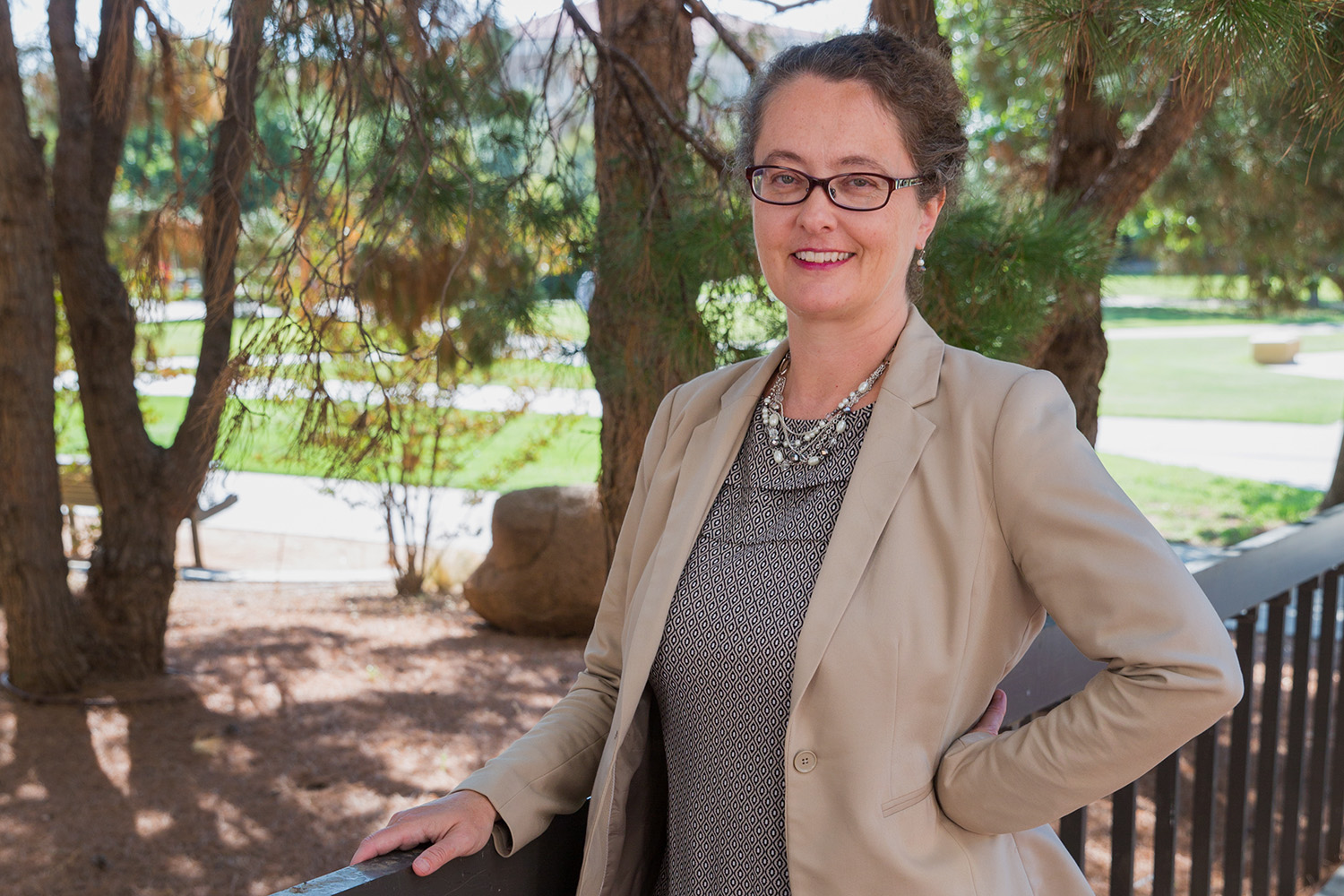
The training program will educate people on how to distinguish predatory journals from legitimate ones.
In the academic world, publishing research articles is a fundamental part of a faculty member's job. But with the growing digital landscape, many authors are facing predatory publishing practices when trying to distribute their work.
The concept of predatory publishing first came to light in 2008 when librarian Jeffrey Beall released a list of open-access journals he deemed illegitimate. The list caused significant controversy in the publishing world, and was eventually taken down in 2017. In the time between its release and removal, several other blacklists have been released, as well as whitelists which focus on journals with strong ethical principles.
With more open-access journals making research articles free for people to view, some journals are charging authors publication fees to help cover costs. While some journals that do this are still peer-reviewed and credible, others are not and will publish lower quality work strictly for profit. The difference can be hard to tell, even to the most seasoned author.
Amy Koerber, professor and associate dean for administration & finance in Texas Tech University's College of Media & Communication, is looking to develop a program that will educate people on open-access publishing and how to distinguish "predatory" journals from credible ones.
"Open-source publishing itself has emerged as a perfectly legitimate way to make academic knowledge more readily accessible to wide global audiences," Koerber said. "But what Jeffrey Beall was saying was that the rise of open-source journals was leading some publishers to take advantage of that model. They were giving away articles for free, but they were doing that by charging these exorbitant author fees. At the same time, they were compromising quality by taking away standard measures of gatekeeping such as blind peer reviews."
Koerber, along with four other Texas Tech faculty members, was recently awarded a $345,702 grant from the National Science Foundation (NSF) to research current publishing practices in the science, technology, engineering and mathematics (STEM) disciplines and develop STEM Training in Ethics of Publication Practices (STEPP), a training program that will raise awareness among consumers and producers of information about which academic publishing practices lead to ethically sound and credible knowledge.
For this project, Koerber is working with Karin Ardon-Dryer, assistant professor of atmospheric science in the College of Arts & Sciences; and the College of Media & Communication's Glenn Cummins, associate professor and associate dean for research and grants; Leo Eko, professor of journalism; and Kerk Kee, associate professor of professional communication. Koerber said having an interdisciplinary team was critical in receiving the grant, as were the resources available to them in the College of Media & Communication.
Their research will consist of three phases. Koerber said the first will focus on reviewing blacklists, whitelists and ethical codes for publishing from different organizations in regard to scholarly publishing standards. Then, they will conduct interviews with professors and scholars in various STEM disciplines, as well as academic administrators and science journalists, to understand what people know about predatory publishing and how some scholars fall for these scams.
Once the team has gathered their data from the first two phases, they will develop the online training program that can be used by researchers and scholars around the world for guidance about what predatory publishing is and how they can combat it.
Despite being a STEM-focused project, Koerber said the training program they develop will be relevant to people across all disciplines and those not involved in publishing. It will also help consumers of information because it will improve the legitimacy of articles being published and referenced.
"I hope it goes a little way toward addressing a complex problem," Koerber said. "One of the reasons predatory publishing has thrived is because it's so easy to blast out information that seems legitimate. Hopefully we're providing a counter force because we are going to make our training available online and free."
Originally published on Texas Tech Today.
Read more college news!
